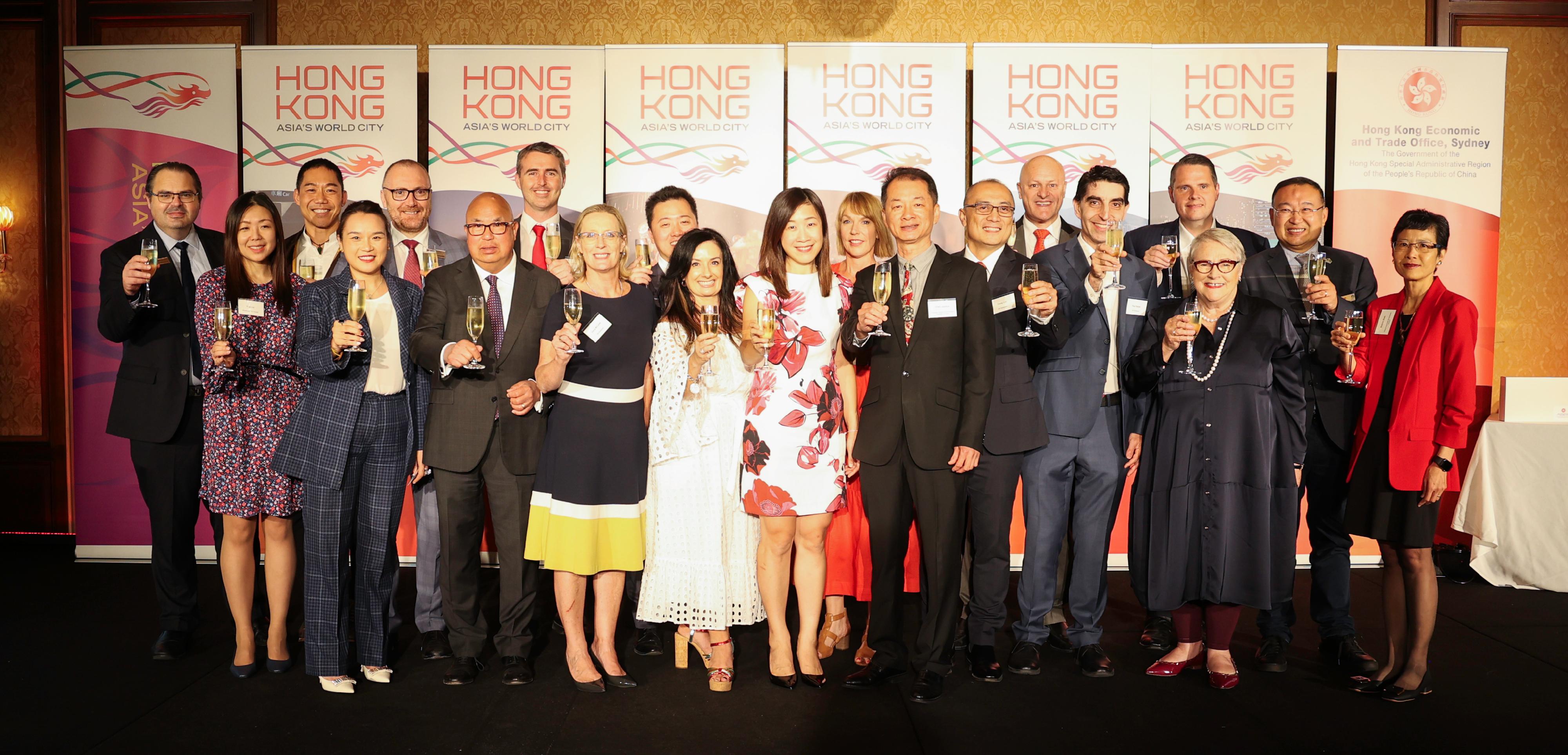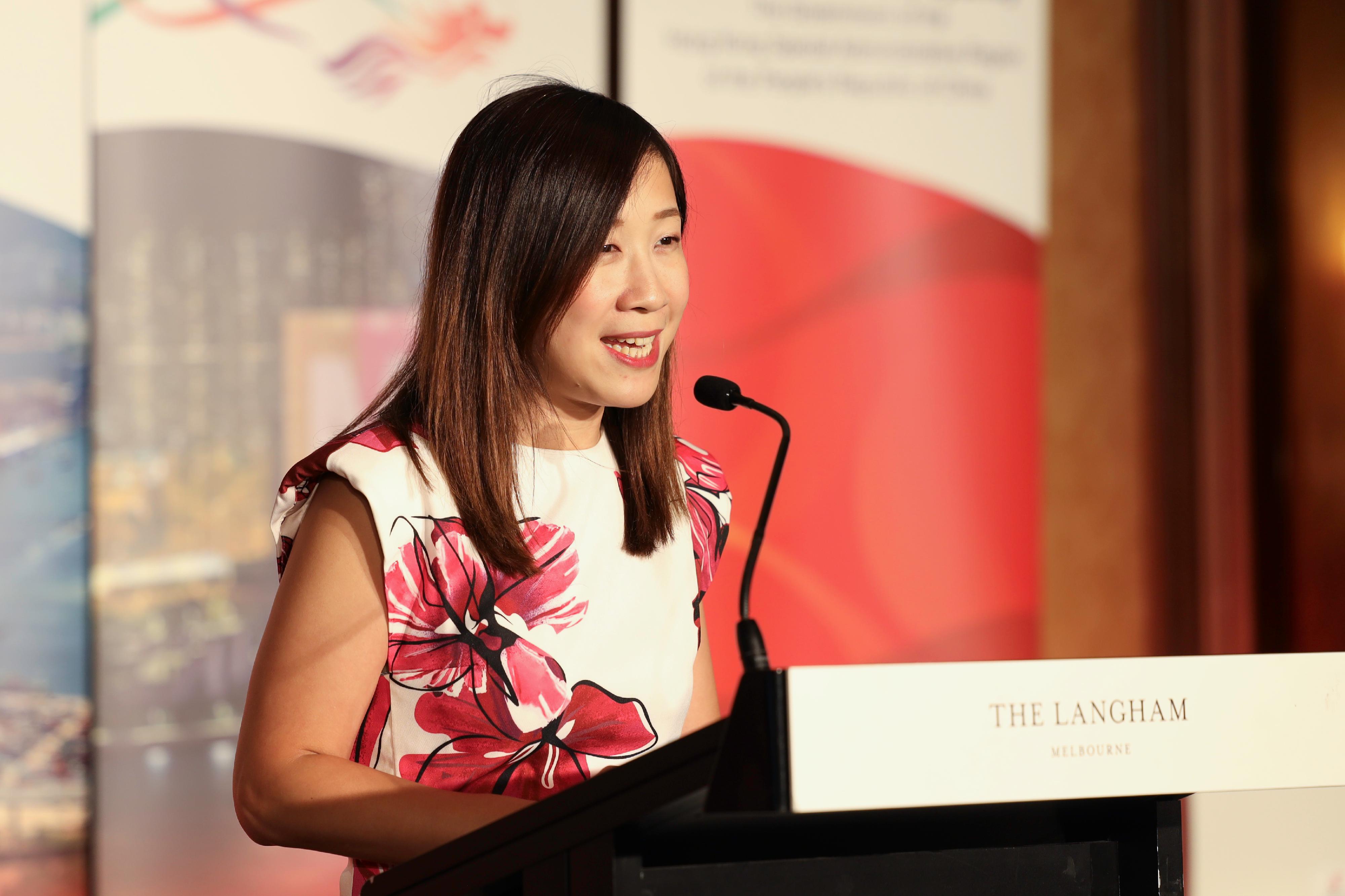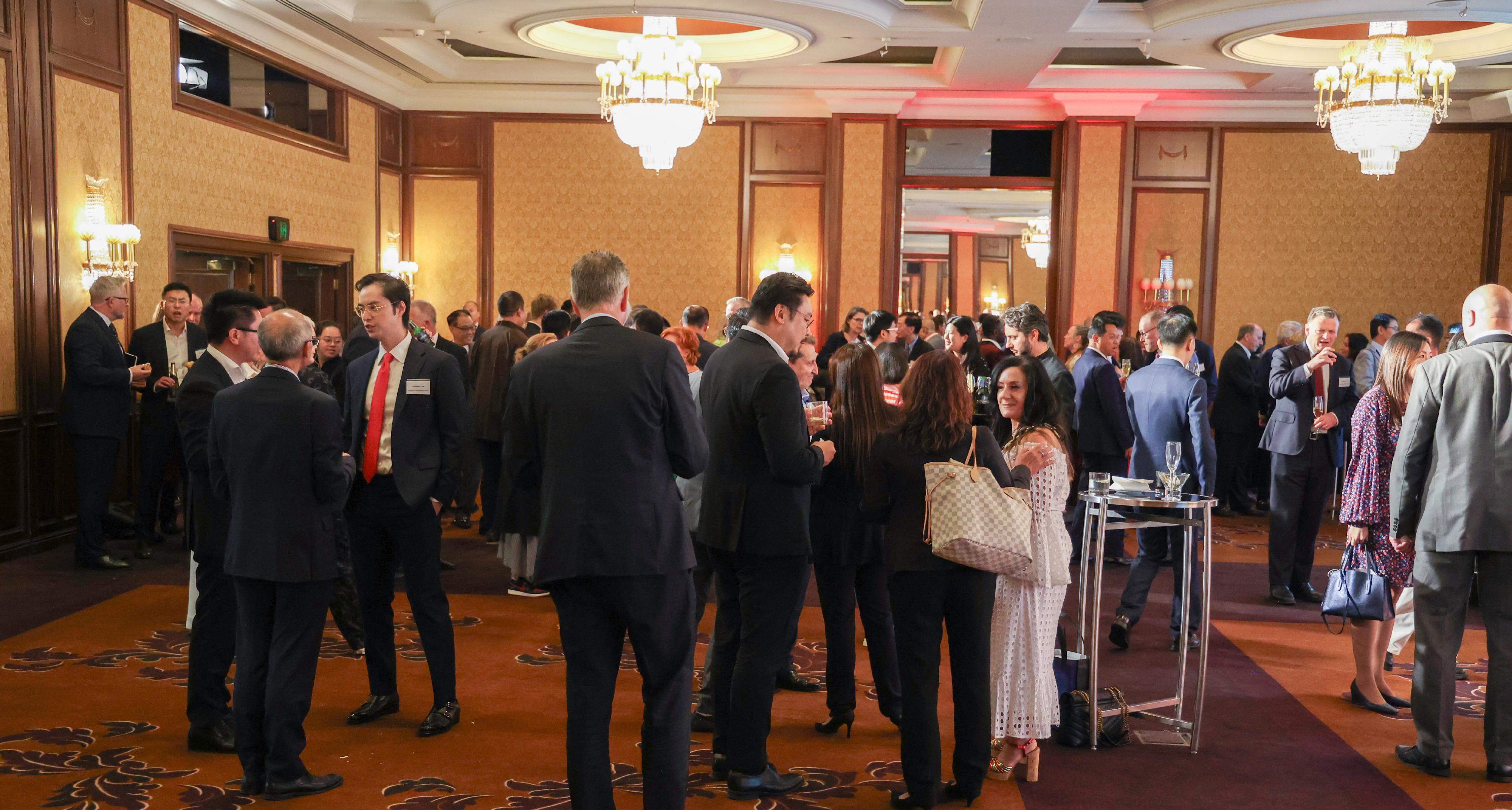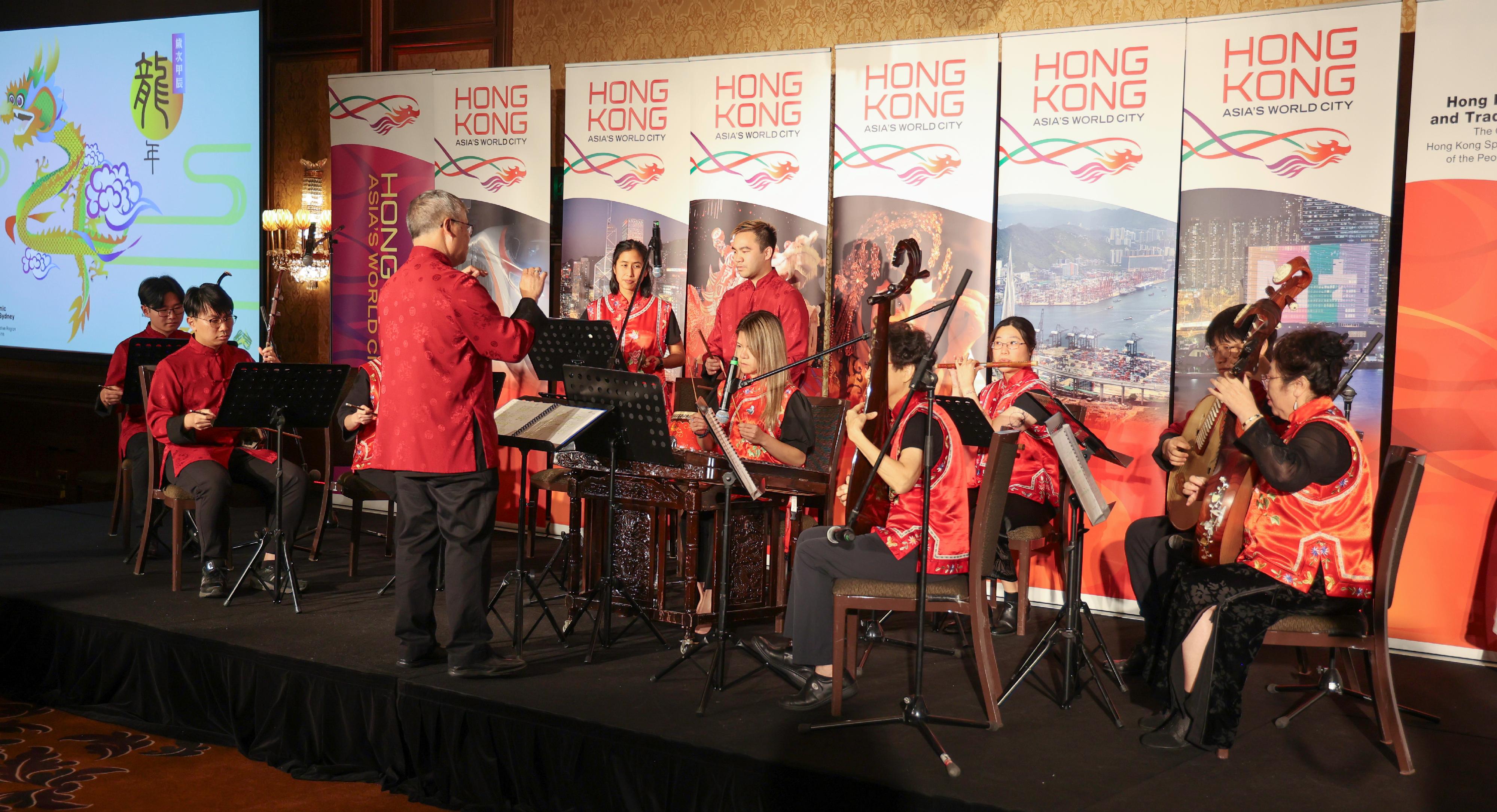Grading of beach water quality released
The Environmental Protection Department (EPD) today (February 16) released the latest grading of water quality for four gazetted beaches that are open all year round for swimming.
Four beaches were rated as Good (Grade 1).
Grade 1 beaches are:
| Clear Water Bay Second Beach | Golden Beach |
| Deep Water Bay Beach | Silverstrand Beach |
Compared with the grading released last week, there was no change in the grading for these beaches.
Under the present grading system, beaches are classified into four grades, namely Good (Grade 1), Fair (Grade 2), Poor (Grade 3) and Very Poor (Grade 4), according to the level of E. coli in the water. Grades are calculated on the basis of the geometric mean of the E. coli counts on the five most recent sampling occasions.
While the ratings represent the general water quality at the beaches, an EPD spokesman reminded members of the public that water quality could be temporarily affected during and after periods of heavy rain. Bathers should avoid swimming at beaches for up to three days after a tropical cyclone or heavy rainfall.
A summary of beach grades is published weekly before the weekend. The latest beach grades based on the most current data may be obtained from the EPD's website on Beach Water Quality (www.epd.gov.hk/epd/beach) or the beach hotline, 2511 6666. Members of the public can also obtain the latest daily water quality forecast information for all beaches that are open for swimming through the Beach Water Quality Forecast mobile application (available for download from: www.epd.gov.hk/en/BWQApp) or the dedicated beach water quality forecast page (www.epd.gov.hk/en/BWQForecast) on the EPD's beach thematic website.



